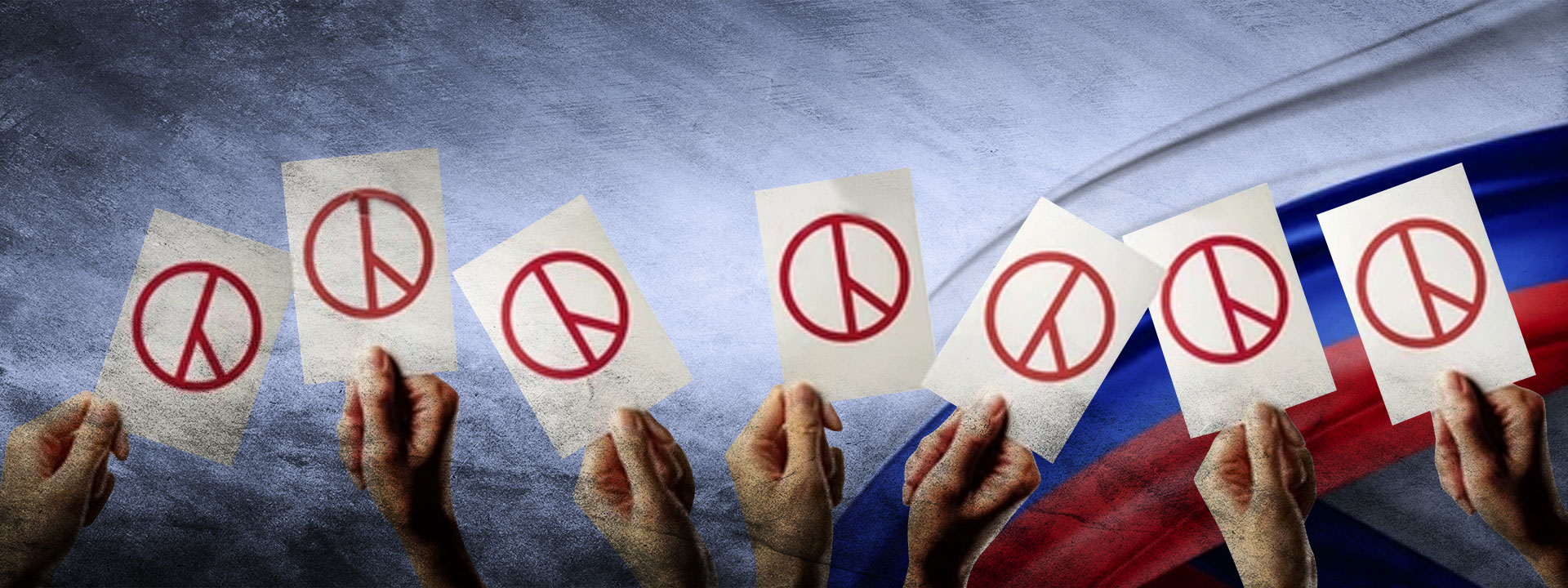Who hasn’t heard of BTS or Squid Game? Even the brands Samsung, LG, and Hyundai are practically household names across the globe these days. Indeed, South Korea, which has long been overshadowed by its East Asian neighbors Japan and China, finally began coming into its own in the 2000s. In the last decade or so, the country has built up its soft power and spread its influence worldwide through pop culture and award-winning products.
But soft power also includes foreign policy and political values as means of influencing people. The Koreans themselves admit that when it comes to those, their country still has a bit of catching up to do.
Having the right leader would increase South Korea’s chances of having a democratic model worth emulating and a strong global political voice. Yet even as citizens prepare to troop to the polls on March 9, 2022 to pick its next president, few are predicting that South Korea will have that kind of chief executive anytime soon. In fact, instead of laying out their proposals on how to solve the country’s problems — from overcoming the COVID-19 health crisis to the widening wealth gap, to North Korea’s endless provocations — the frontrunners in the presidential race have spent much of the campaign apologizing for one scandal after another. While the March 9 poll has been called “the most unpredictable election since democratization in the late 1980s,” the more appropriate description for it seems to be “the most frustrating.”
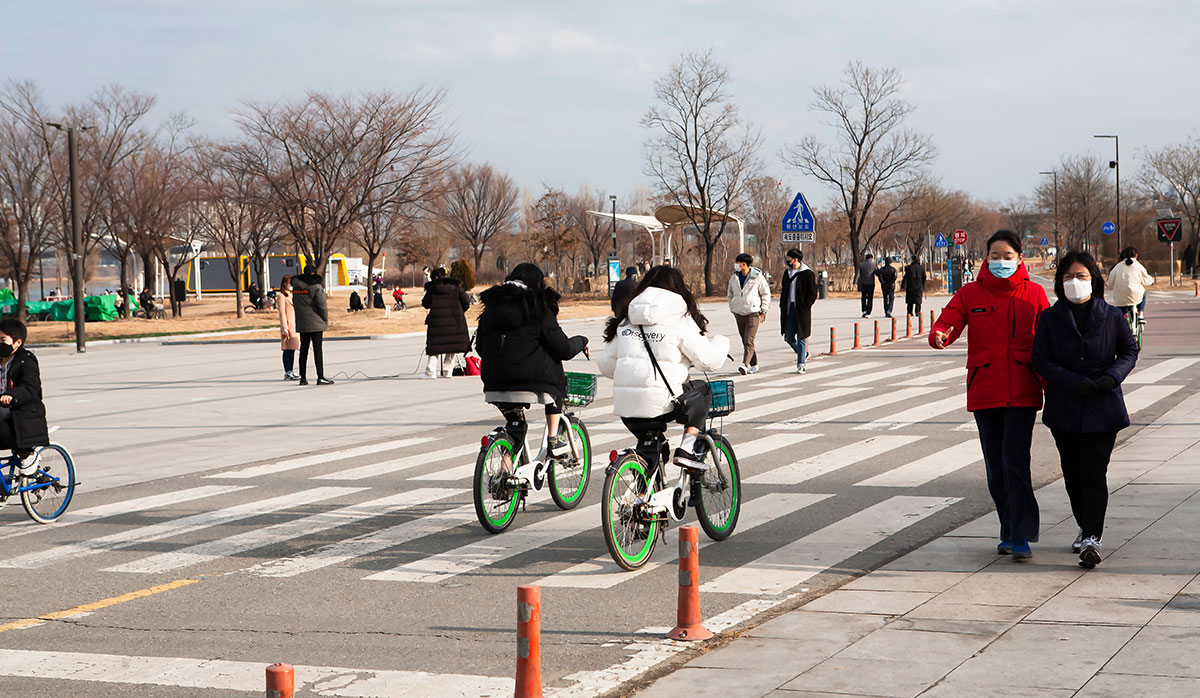
Though many feel there are slim pickings in this year’s presidential elections, South Koreans are looking forward to exercising their right to vote.
The upcoming election has shaped up largely as a two-way race between Lee Jae-myung of the ruling liberal Democratic Party and Yoon Suk-yeol of the conservative People Power Party. For weeks, polls have shown the two candidates running neck and neck with support of over 30 percent each — a range that has been hard to surpass amid lingering questions about Lee’s suspected involvement in a massive development corruption scandal and the alleged lying on resumes and suspected ties to shamanism, among other things, of Yoon’s wife.
A tale of two candidates
Koreans appreciate Lee’s well-received leadership as former governor of Gyeonggi Province and Yoon as the former prosecutor general and his contributions to the fight against government corruption. There are key obstacles for both candidates, however.
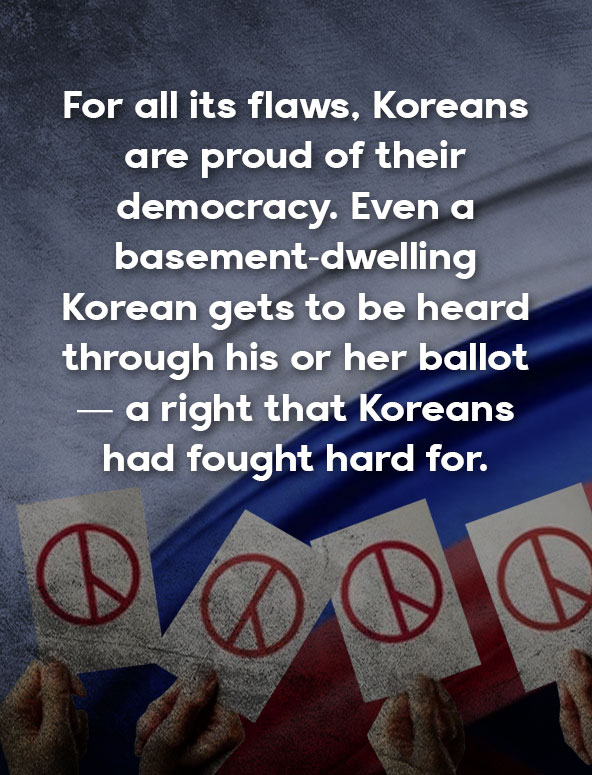
Yoon has apologized for defending former President Chun Doo-hwan, who had suppressed the 1980 Gwangju Uprising so severely that hundreds of protesters were killed. He has also apologized for his wife’s past padding of her resume. The public has been dismayed as well by allegations that his wife has an affinity for consulting shamans — which he has denied — and the fact that she has threatened journalists who criticize her husband with jail time should he become president.
Koreans, however, are most concerned about Yoon’s lack of experience and knowledge of foreign affairs. Many have noted that he seems to be merely repeating what his advisers tell him to say. At the very least, Yoon is known to support the notion that North Korea must be punished until it corrects its rogue behavior and dismantles its nuclear weapons program. He has also proposed preemptive strikes against Pyongyang should Seoul face an imminent threat of a nuclear missile attack.
By comparison, the ruling party’s Lee, having worked as mayor and governor, has earned a reputation as a man who produces concrete results. He has gradually emerged as a national politician through the years.
A tough-speaking liberal who has built up an image as an anti-establishment figure, Lee is also famous for his self-made success story. As a boy, he had worked as a factory laborer, which had left him with an arm disability. Nevertheless, he managed to make his own way through school, passed the country’s notoriously difficult bar exam, and eventually built a solid image as a labor rights lawyer and civil rights activist.
As president, Lee could be a better problem-solver than his main rival, given his negotiation skills, as well as the political knowledge he acquired as governor of Gyeonggi Province. In case of a political crisis, Lee is more likely to rely on the principles of democratic politics: cooperation, collaboration, and compromise.
However, like Yoon, Lee is not free from so-called “family risks” as both his son and wife have been criticized for ethically wrong behavior. He has also had to repeatedly clarify the allegations about the corruption among project managers and contractors of apartment development projects in Seongnam City when he was still the mayor there.
Many of the country’s democrats yearn for the Republic of Korea to play a major role as a champion of democracy in the region. Thankful for the international support the country received during its struggle for democracy in the 1980s, many Koreans feel it is now the country’s turn to give back and contribute to moving the democracy agenda forward in Asia. But with the two most likely to lead the country bickering over mostly peripheral issues, many Koreans are unsure if either is up to handling domestic problems, let alone international issues.
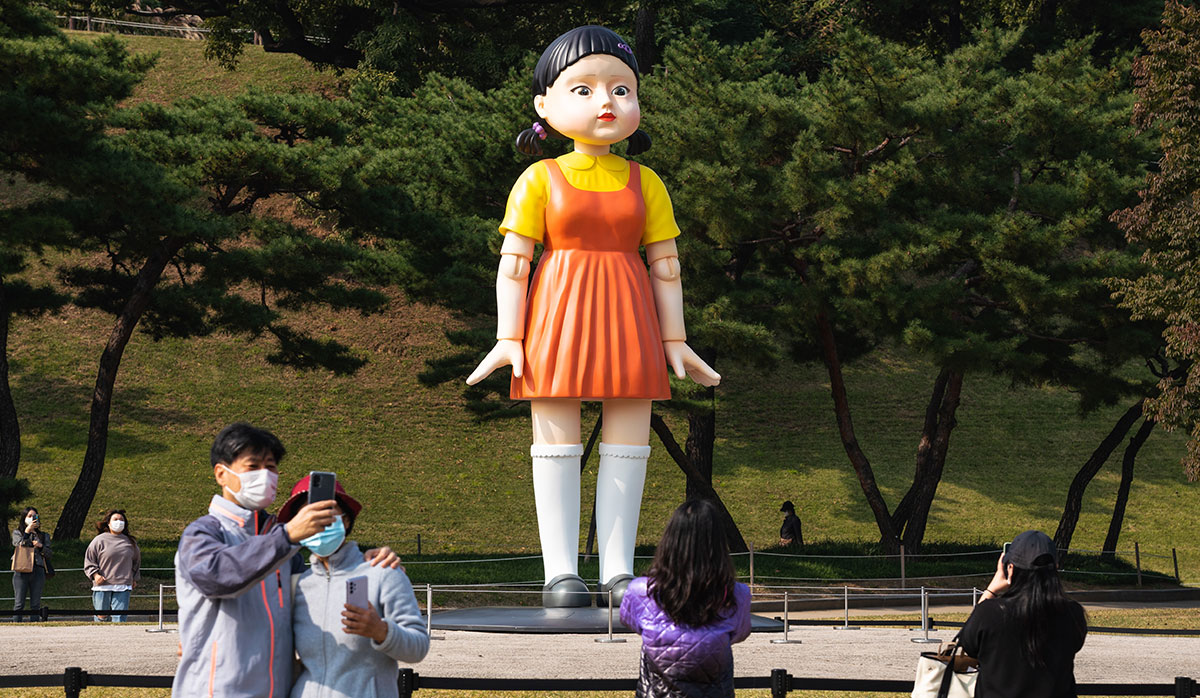
The giant doll from the South Korean hit series Squid Game is a popular attraction at the Olympic Park in Seoul. Many Koreans seem to relate to the struggles of the characters in the story.
Flawed, but a source of pride
Surveys have shown for months that the public wants change, amid frustration with urban housing prices that have shot up under President Moon Jae-in of the Democratic Party. The biggest concerns among Korean voters are the skyrocketing prices of urban housing and wealth inequality that may worsen some more post-pandemic.
Interestingly, housing and the gap between the haves and have-nots were front and center in the Oscar-winning Korean film Parasite. The Netflix monster hit series Squid Game also revealed the increasing desperation of many Koreans behind the façade of a successful economy that is even able to extend financial aid to other countries.
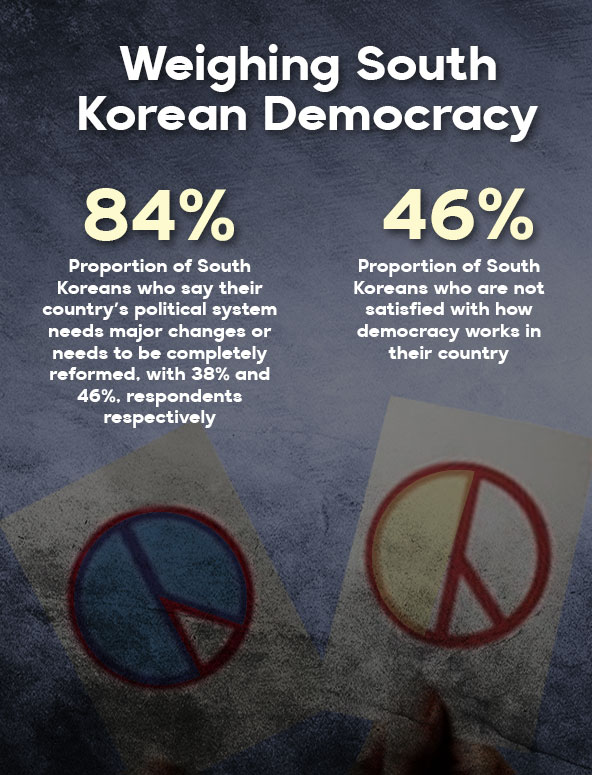
Source: Pew Research Center, based on a survey of 17 advanced economies conducted in the spring of 2021 and released in October 2021.
The bottom line, however, is that for all its flaws, Koreans are proud of their democracy. And while many of them identify more with the Parasite family cramped in a flood-prone basement flat than with the one living in an architectural marvel of a home, the fact remains that even a basement-dwelling Korean gets to be heard through his or her ballot.
It is a right that Koreans had fought hard for. After World War II, South Korea developed from a recipient nation to a donor country and achieved “democracy from below.” In just over half a century, South Korea has undergone a dramatic transformation from a poor, authoritarian country devastated by war to an economically dynamic, culturally rich, and resilient democracy. In truth, it is the dynamism of today’s Korean society and the democratic way of thinking and behavior that made possible the so-called “Korean wave” or Hallyu enjoyed by millions worldwide.
It is true that the years after getting rid of authoritarianism have been far from perfect. In 2016, however, peaceful candlelight vigils helped revive the Koreans’ faith in democracy. The unrelenting call of the people for the accountability of national institutions and public officials led to the impeachment of a democratically elected president being confirmed by the Korean National Assembly and the Constitutional Court. This was followed by a peaceful presidential election that had a record voter turnout and saw Moon Jae-In win on May 9, 2017. This modern-day story of “People Power” has set a prime model for democratic values and processes and carries deep implications for the future of democracy in Asia. South Korea’s Candlelight Civic Revolution showed the world the potential of Korea’s democracy movement.
There have been many — and sure to be a lot more — cliffhangers in the real-life drama that is the South Korean democracy. And while there is no guarantee of a happy ending, Koreans have learned that it is they who can truly move their story forward. ●
Dr. Hyung-sik Shin is Adjunct Professor of the Division of International & Area Studies of Pukyong National University, and President of the Institute for Popular Sovereignty. He was previously the director of the Korea Democracy Foundation (KDF) Institute, as well as KDF education and training department director.










